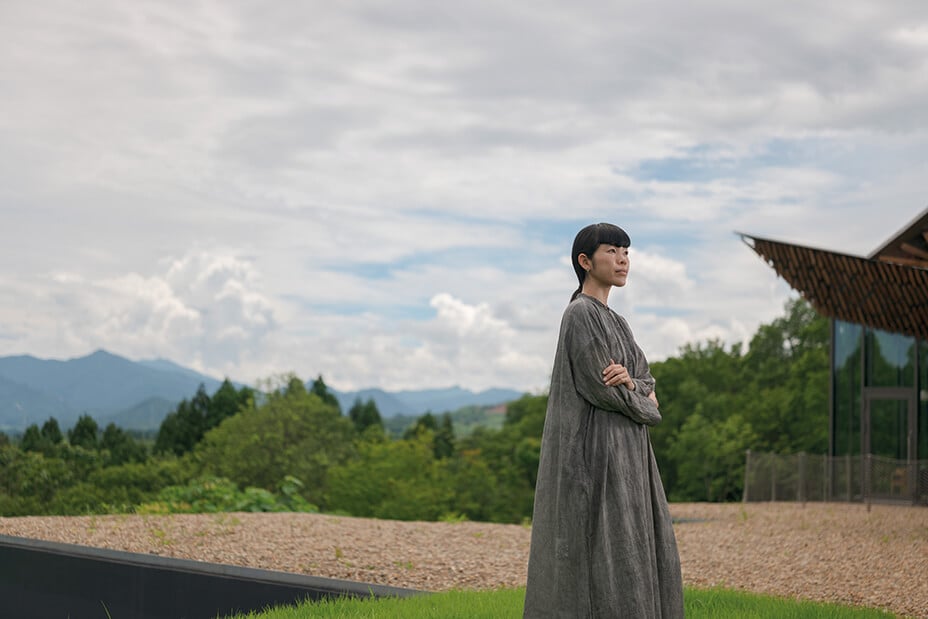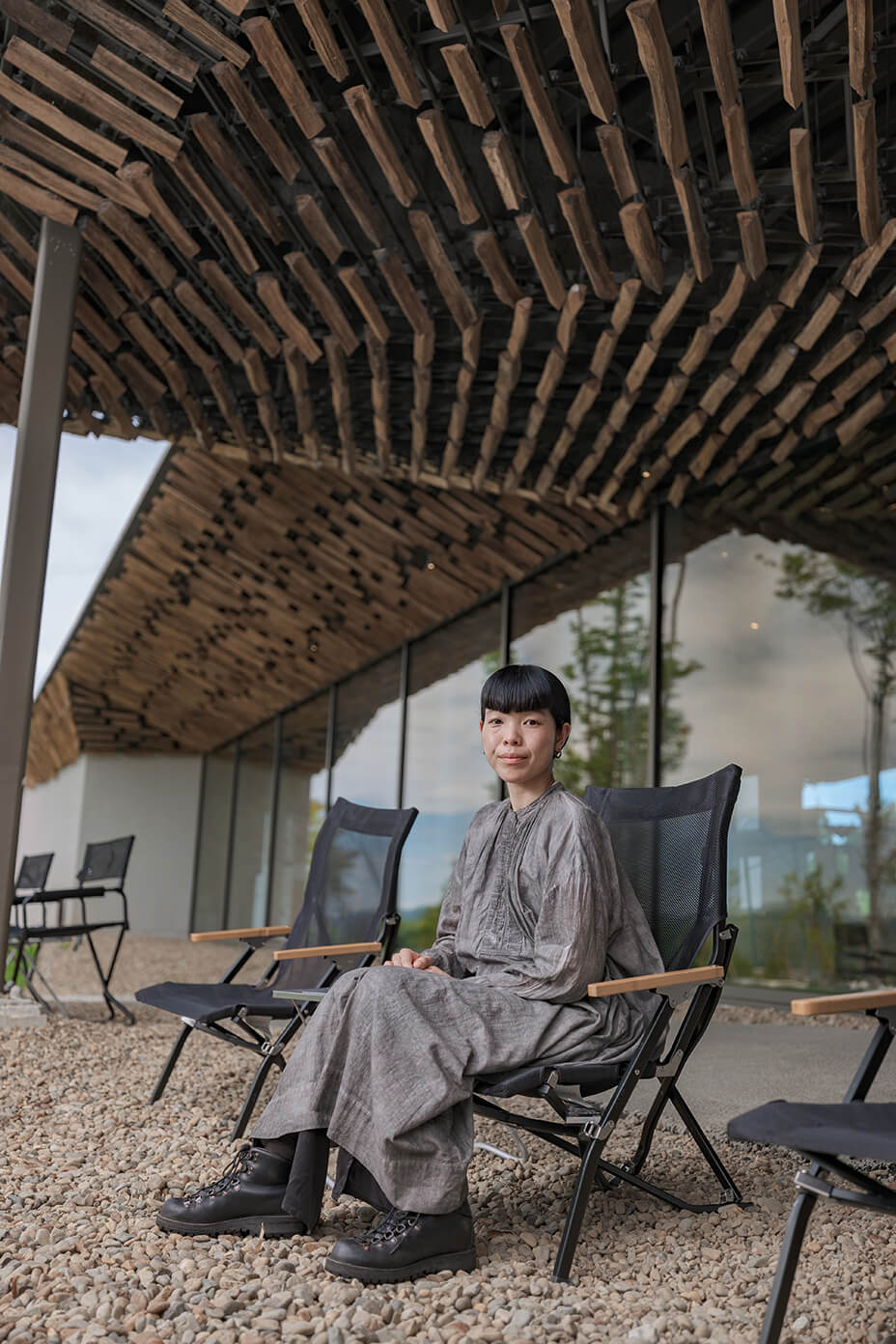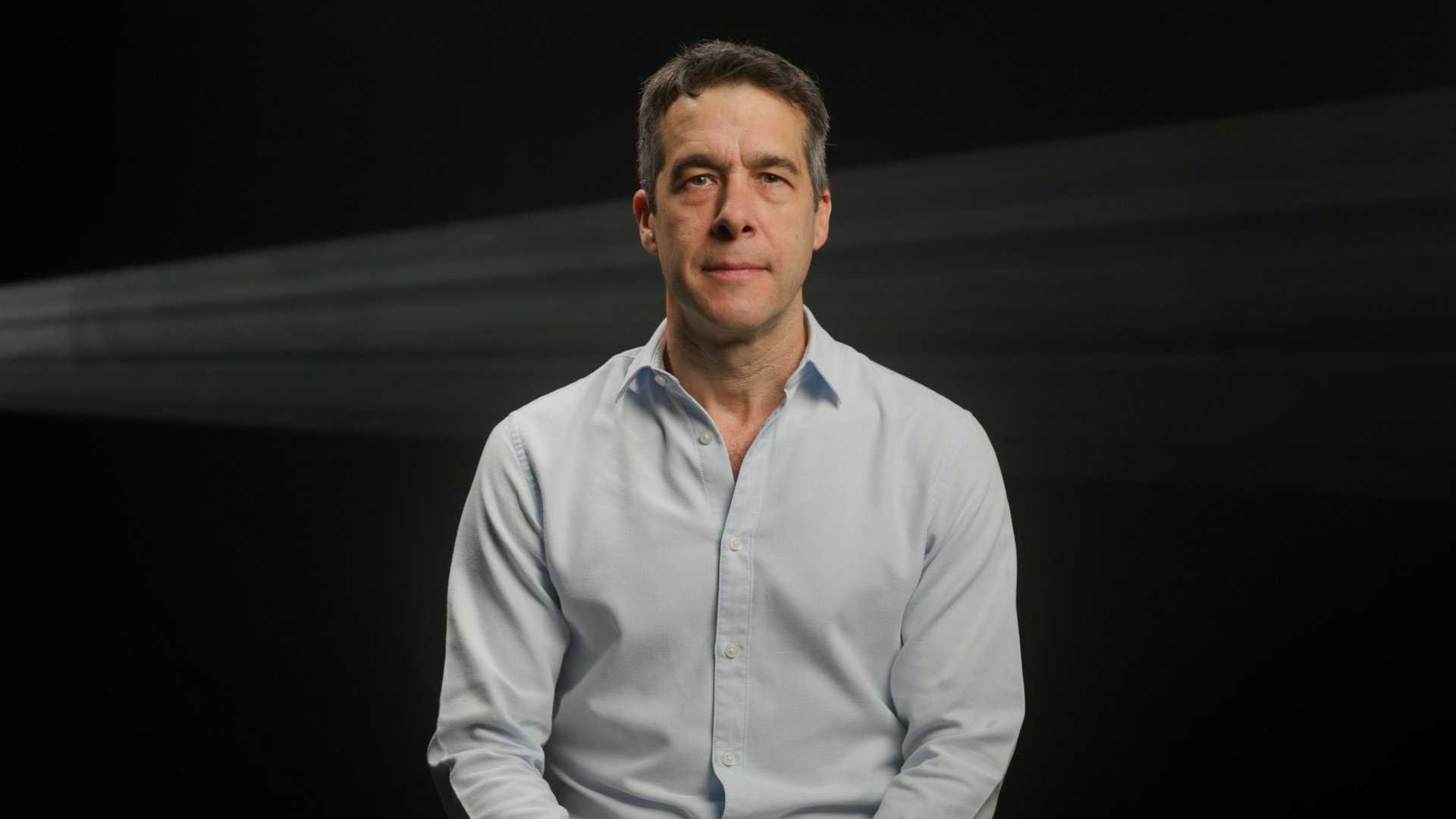
Photography by Irwin Wong
Please remember that the value of an investment can fall and you may not get back the amount invested. This article originally featured in Baillie Gifford’s Autumn 2022 issue of Trust magazine.
When Lisa Yamai’s grandfather Yukio got fed up with the poor quality of the climbing gear on offer in Japan, he founded a company that could make it better. Thanks to the skilled local metalworkers of Tsubame-Sanjo, his home region in snowy Niigata Prefecture, he started making mountaineering kit to his own specifications. Thus, in 1958 Snow Peak was born.
Two generations and nearly 65 years later, the ¥106bn (£655m) company has expanded beyond mountaineering and camping to become a lifestyle brand, including clothing, retail and hospitality. It has long since burst the boundaries of Japan. A quarter of sales now come from the US, where the brand has been growing since 1999, from China, Taiwan, South Korea and most recently the UK. Its flagship shop opened in London’s Regent Street in 2019.
Lisa Yamai is a globetrotting fashion designer. Her biannual collections for Snow Peak combine outdoors-friendly practicality with striking individualism – she wears her own creation for our photoshoot. Having succeeded her father Tohru Yamai as president in 2019, she declared that her mission was to “pivot the brand for a new generation” to reduce the distance between the outdoors and fashion worlds – in effect to make camping cool.
Boosted by the lifestyle rethink (and foreign travel ban) caused by the Covid-19 pandemic, the last two years have seen a surge in the brand’s popularity as younger urban customers increasingly value closeness to nature. And the signs are that Snow Peak’s growth spurt, which saw sales double in 2020, will endure beyond the public health crisis. While the pandemic has faded, monthly sales have grown by more than 40 per cent year-over-year since mid-2021.
Speaking from Tokyo through an interpreter, Yamai San shared her thoughts about progress and prospects with Praveen Kumar, manager of Baillie Gifford Shin Nippon and deputy manager of The Baillie Gifford Japan Trust.
Praveen Kumar: What’s the main lesson you’ve learnt as Snow Peak’s boss?
Lisa Yamai: That we must never stop developing original and unique products, platforms to sell them on and new communities of customers to buy them. We must never simply follow the market.
Snow Peak needs to come up with its own original direction, goals and vision to develop a community of customers who’ll buy new kinds of products that support a new kind of outdoors lifestyle. This takes time and effort.
PK: Japan is still a male-dominated society. How much sexism have you encountered?
LY: Snow Peak is different from most Japanese firms in that we work to global standards, where it’s not unusual to promote female and younger employees. So my being made president didn’t seem particularly strange. Yes, there was a surprising amount of negativity from shareholders and from stock market commentators and social media, including nasty comments about my tattoos. Some simply said I wasn’t up to the job because I lacked experience or because I’m a woman. Now I can change attitudes by proving that a young female leader with little experience can understand the market and get results. That’s my role in the Japanese economic system!

I can change attitudes by proving that a young female leader with little experience can understand the market and get results
PK: So it’s part of your motivation to prove the doubters wrong?
LY: Yes, I feel very strongly that there’s an opportunity here to change Japan’s conservative society. I also feel that if Japan doesn’t change, people’s personal potential will remain capped. Despite the negativity, Snow Peak has given me the chance to model what a successful woman business leader might look like.
PK: What changes have you introduced across the company?
LY: Since joining in 2014, I’ve thought that workplace innovation should come from the bottom up and that a more creative, less top-down, corporate culture would benefit Snow Peak. The clothing business I started was one of the first new ventures in our history, and I felt that if there were 10 employees with new ideas, this should result in 10 new businesses. When I first got involved in management in 2018, I launched a ‘future creation’ project, encouraging employees to develop business ideas, refining them from a vision to an actual design concept. One example is the work we’ve been doing with a real estate developer in Tokyo to design community-based spaces where residents can have campfires and build a sense of togetherness. We also supply homeware retailers with furnishings that can bring an outdoor aesthetic to urban spaces.
PK: Although it’s been around since the 1950s, Snow Peak feels like a young startup. How would you define its culture?
LY: Our great strength is our ability to change with the times. We’ve taken the universal attraction of the ‘outdoors’ and made it more contemporary and stylish, fitting it to local values around the world. My predecessors focused on mountain climbing and camping, but Snow Peak continues to evolve to suit changing behaviour without changing its core values. I think we’re still too dependent on the outdoor equipment market. We want to grow the number of people who connect with the outdoors, and we can do that through clothing, restaurants or tourism. These are tools we can use to get more people interested in the outdoors and we need to leverage them more.
PK: What long-term trends are you seeing that might help expand the outdoor leisure market?
LY: Snow Peak’s long-standing mission is to restore the intuitive connection between people and nature that we’ve lost in this digitally distracted age. We made this our goal long before Covid led to almost everyone reflecting on their lifestyle, but the pandemic accelerated it for us. The past year or two have seen big increases in people enjoying outdoor activities. This isn’t going to go away. No human on earth can live outside nature, and that realisation makes addressing environmental problems more urgent. We need to be the best at helping people make that connection to nature.
Important Information
Investments with exposure to overseas securities can be affected by changing stock market conditions and currency exchange rates. Baillie Gifford Shin Nippon’s exposure to a single market and currency could increase risk.
The views expressed in this article should not be considered as advice or a recommendation to buy, sell or hold a particular investment. The article contains information and opinion on investments that does not constitute independent investment research, and is therefore not subject to the protections afforded to independent research.
Some of the views expressed are not necessarily those of Baillie Gifford. Investment markets and conditions can change rapidly, therefore the views expressed should not be taken as statements of fact nor should reliance be placed on them when making investment decisions.
Baillie Gifford & Co Limited is wholly owned by Baillie Gifford & Co. Both companies are authorised and regulated by the Financial Conduct Authority and are based at: Calton Square, 1 Greenside Row, Edinburgh EH1 3AN.
The investment trusts managed by Baillie Gifford & Co Limited are listed on the London Stock Exchange and are not authorised or regulated by the Financial Conduct Authority.
A Key Information Document is available by visiting bailliegifford.com




